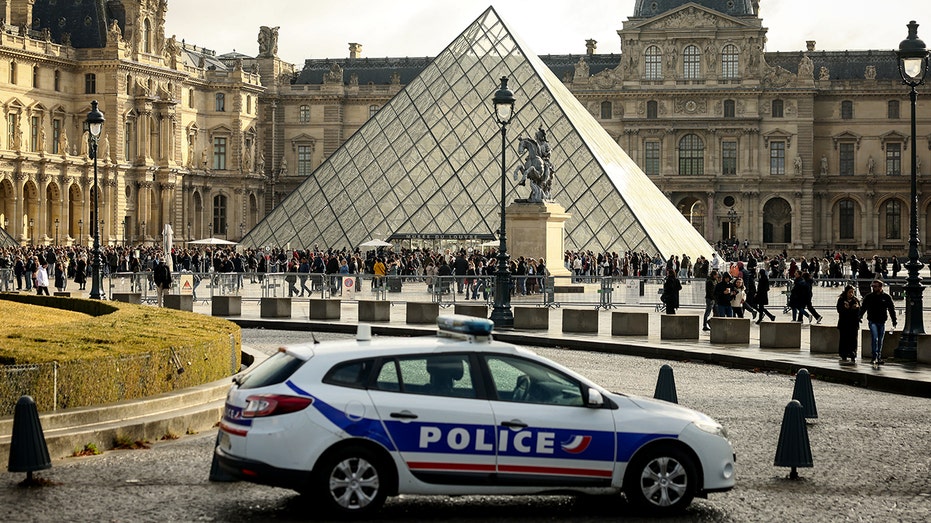For decades, whispers circulated through the small French town of Dozulé – whispers of visitations, of a divine presence made manifest. A Catholic mother, Madeleine Aumont, claimed to have seen Jesus Christ himself, not once, but forty-nine times, beginning in the 1970s. Her encounters carried a singular, ambitious directive: construct a colossal cross, a beacon reaching over 2,000 feet into the Normandy sky.
The envisioned “Glorious Cross of Dozulé” wasn’t merely to be immense in scale; it was to be brilliantly illuminated, a radiant symbol for all to see. While a smaller cross now stands in the town, the original, breathtaking vision remained largely unrealized, fueling both fervent devotion and quiet skepticism. The very idea captivated some, while others questioned the origins of these extraordinary claims.
Recently, the Church offered a definitive response. After careful and thorough examination, the doctrinal office, with the approval of Pope Leo XIV, declared the alleged apparitions “not supernatural in origin.” This wasn’t a dismissal of faith, but a firm grounding of it, a careful discernment meant to guide believers toward authentic spiritual foundations.
The statement went further, offering a profound perspective on the true nature of devotion. “The Cross does not need 738 meters of steel or concrete to be recognized,” it asserted. “It is raised every time a heart, moved by grace, opens itself to forgiveness.” The message subtly shifted the focus from monumental structures to the internal transformation of the spirit.
Dozulé, nestled in the heart of Normandy, is a quiet community of just over 2,200 residents. The fervor surrounding the proposed cross undeniably impacted the town, drawing attention and stirring debate. Yet, the Church’s decision underscores a crucial point: true faith isn’t dependent on spectacular displays or extraordinary claims.
Father Patrick Mary Briscoe, a Dominican friar based in Rome, explained that the messages from Dozulé, while intriguing to some, never gained widespread acceptance within the Church. He noted that the core teachings already emphasize the cross of Christ as the ultimate revelation, rendering further, private revelations less essential.
The Church’s careful deliberation, Father Briscoe emphasized, isn’t about stifling faith, but about “purifying it.” It’s a process of ensuring that belief is rooted in truth, not swayed by emotion or speculation. This discernment is particularly vital in a modern age increasingly driven by scientific inquiry and a demand for verifiable evidence.
Pope Leo’s recent statements, extending beyond the Dozulé case to address contemporary issues like compulsive gambling and internet addiction, demonstrate his awareness of the challenges facing modern believers. He seeks to provide clarity and guidance, safeguarding Christian teaching from superstition and excess, and protecting the faithful from confusion.
Ultimately, the Vatican’s stance isn’t about closing doors to devotion, but about refocusing attention on the central figure of Christian faith: Christ himself. It’s a reminder that the power of faith resides not in sensational claims, but in the enduring truth of the Gospel and the transformative power of the sacraments.






